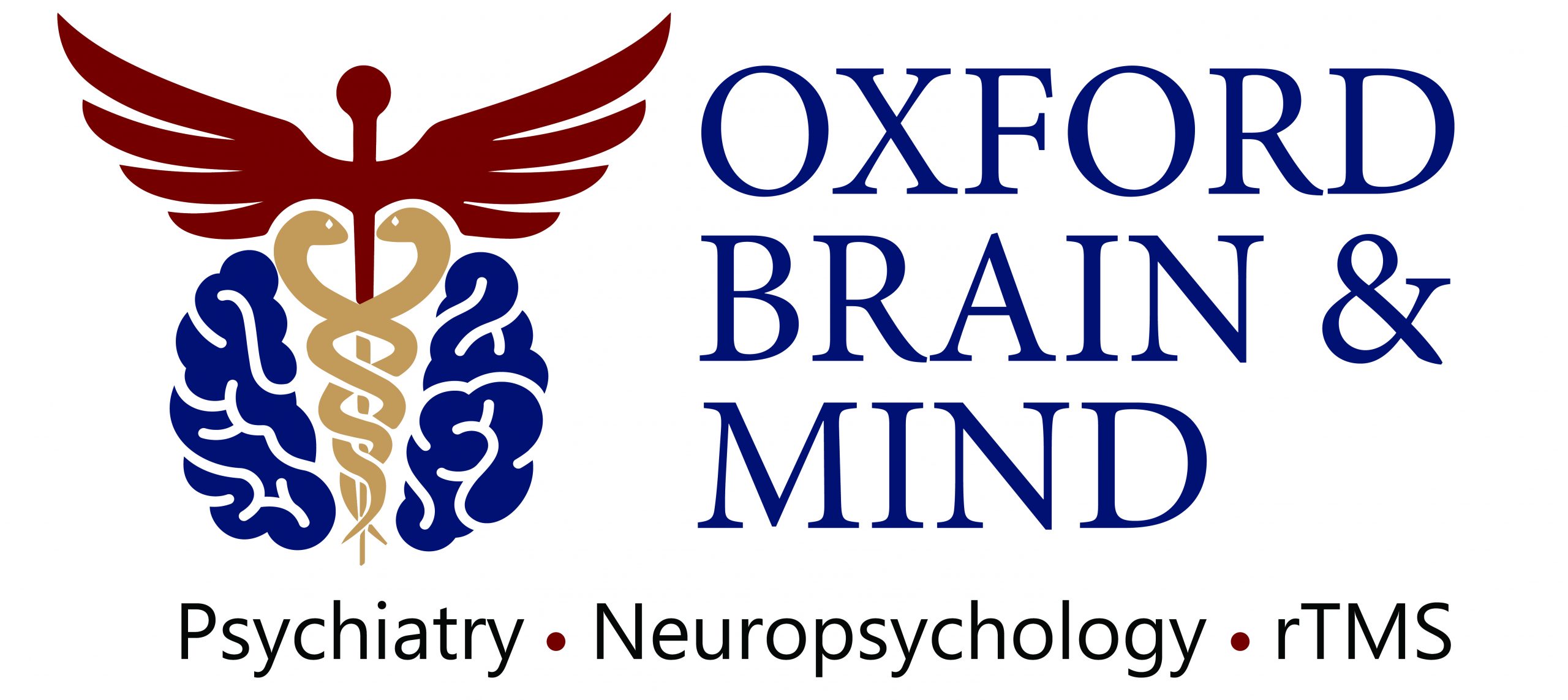Autism spectrum disorder is one of the top 10 leading disorders affecting the nervous system that contributes globally to the largest disability-adjusted life years (DALYs).
A recent study bublished in The Lancet provides insightful data that Autism Spectrum Disorder (ASD) is one of the top 10 leading disorders that contributes globally to the larget disability-adjusted lief years (DALYs), where as ADHD is at 24th position globally. ASD is 4th leading contibutor to the age standarised DALYs and it is at 5th highest contributor in the Western Europe. whereas ADHD is the 19th highest contibutor in the Western Europe. Recognition and support for ASD and ADHD needs to improve across the globe to improve quaility of life for these individuals.
https://www.thelancet.com/journals/laneur/article/PIIS1474-4422(24)00038-3/fulltext
Free Psychiatric Consultation Clinic in Rural India on 28/07/2022
Dr Malhotra and Dr Kumar organised a free psychiatric consultation clinic in a remote rural area in Bihar, India. They saw over 60 patients with various psychiatric problems and and provided a management plan for them. Thier effort was appreciated by the local district health officials. The local district health officials requested Dr Malhotra and Dr Kumar to organise training for local doctors, nurses and other health care workers. A new partnership will develop for better mental health care for the local population.
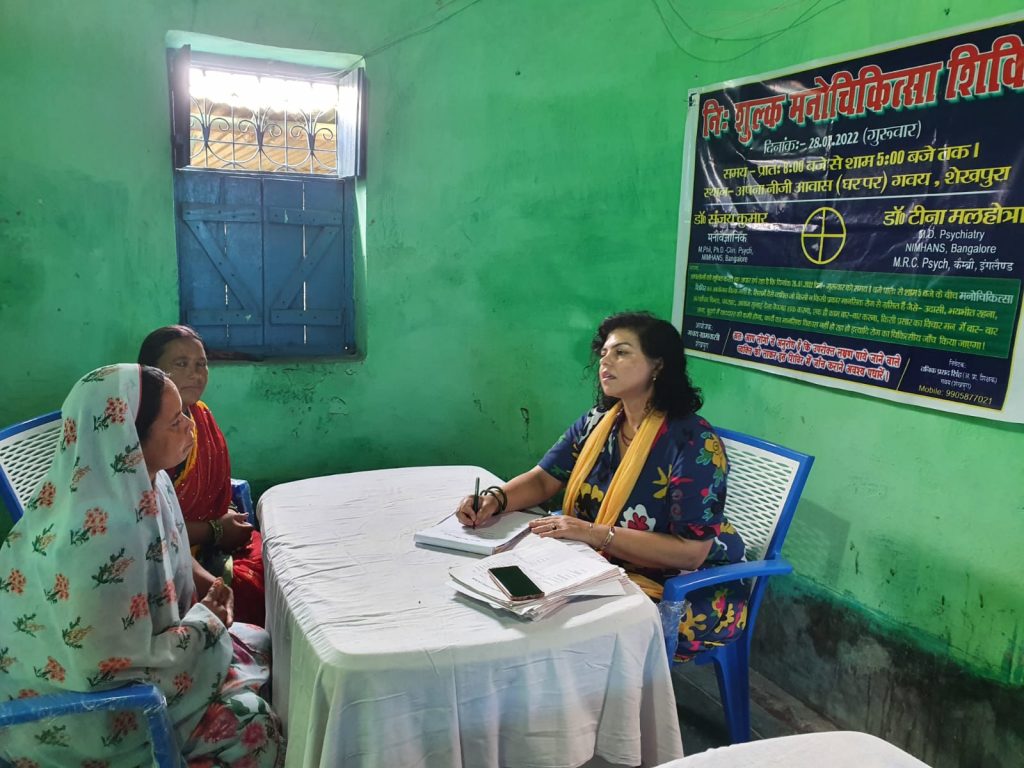
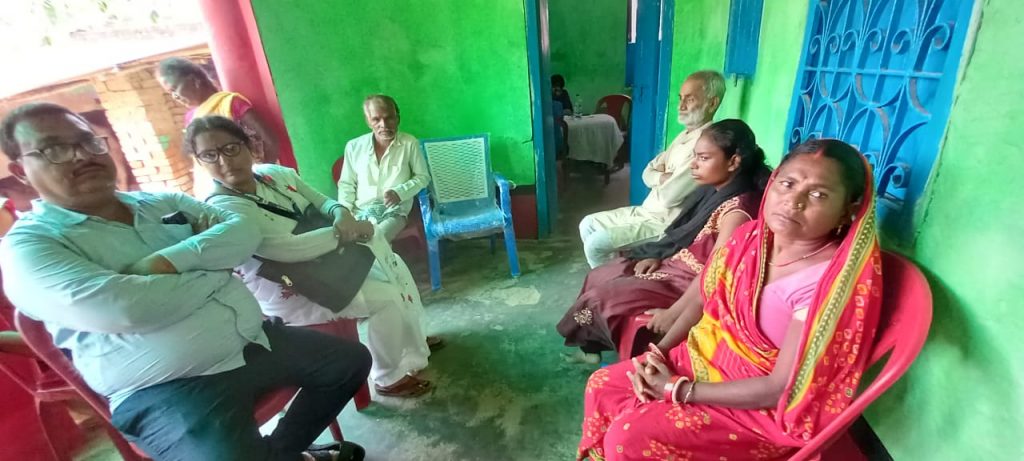
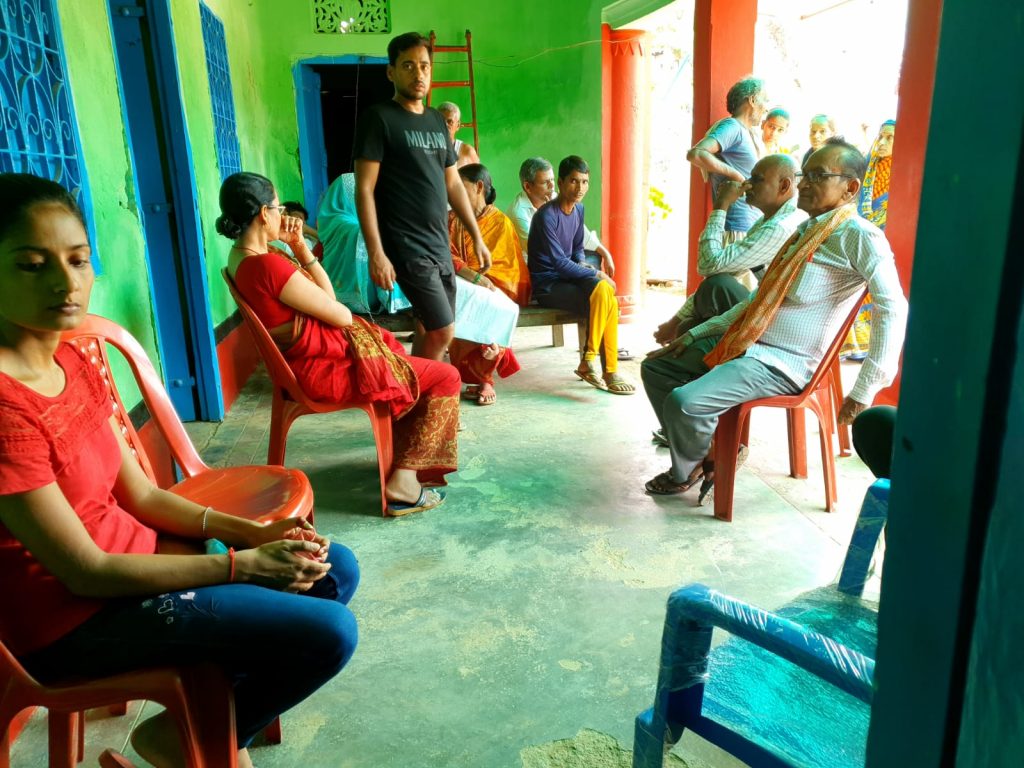
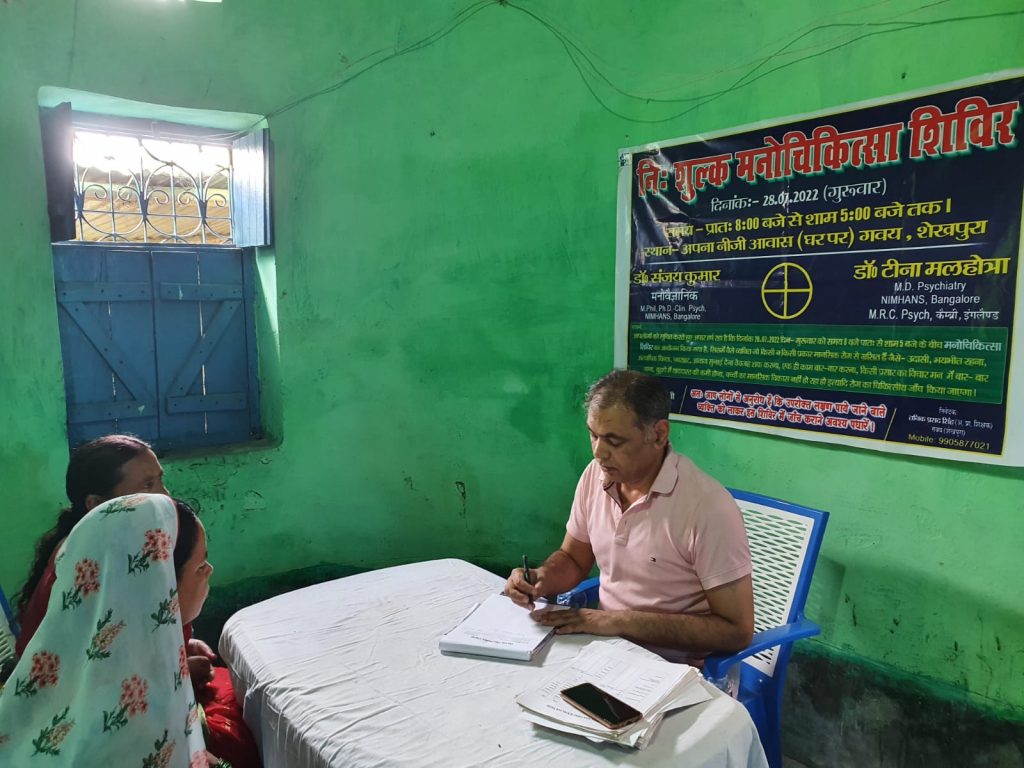
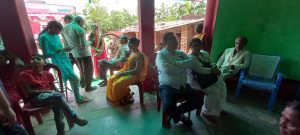
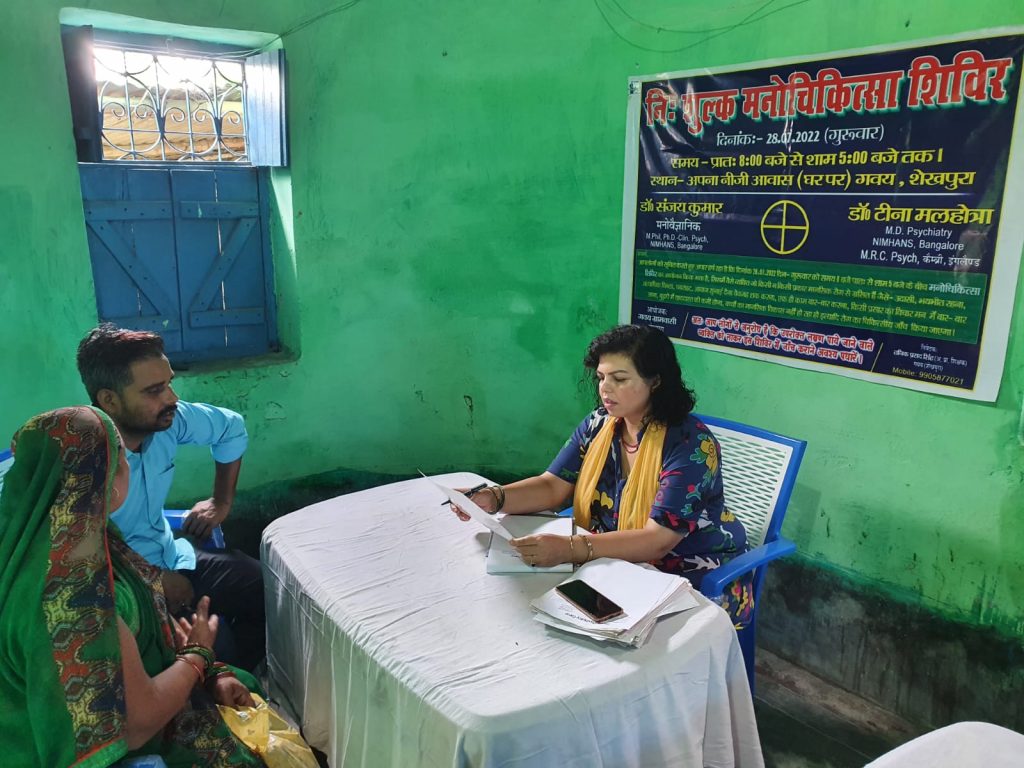
23/01/2022: rTMS treatment may be associated with improvement in memory in individuals with depression
Neuroscientific understanding of depression suggests that cognitive problems, such as attention, memory and executive function are a feature of depression and some of these problems may persist even after depression has improved. An article to be publishes in the journal “Neuromodulator: Technology at the Neural Interface (https://www.sciencedirect.com/science/article/abs/pii/S1094715921061766) suggests that rTMS treatment in individuals with treatment resistant depression may also improve their memory. Improvement in verbal memory was associated with improvement in depression indicating that rTMS treatment can improve both depression and cognitive problems. However, the study did not have a comparison group and was conducted on a small sample ( N=47). This finding supports findings from an earlier systematic review (https://www.karger.com/Article/Fulltext/381351) which proposed rTMS as a promising technique for cognitive enhancement in treatment resistant depression. Positive effects of rTMS treatment in depression on cognition has been reported in other studies too. A study published in the journal “Brain Stimulation” by Hoy et al (2012) on a large group of patients (N=137) reported no cognitive deterioration after a course of rTMS treatment and initial improvement on immediate visuo-spatial memory was significantly related to eventual reduction in depression. This positive effect of rTMS in depression is in contrast to treatment with medication. In a large study ( N=1000) no improvement was found in attention, response inhibition, verbal memory, decision speed and information processing after antidepressant treatment (Shilyansky. et al., 2016- Lancet Psychiatry).
Dr Sanjay Kumar
07/03/2022
Can rTMS be used to treat postnatal depression?
Giving birth to a baby is a significant life event that brings joy and happiness in a new mother’s life. However, some mothers (and some fathers too) may experience mood changes following the birth of their child. Postnatal depression is defined as a period of two weeks or more of low mood and associated symptoms of depression that presents anytime in the 12 months after delivery. Around 10-15% women can experience postnatal depression in this period. Postnatal depression has a negative effect on women’s physical and mental health, mother’s ability to look after their newborn, bonding with the baby and couple/family functioning. It also adversely affects the newborn’s cognitive, emotional and behavioural development. These effects can potentially last into a child’s adolescence period. There are several factors that can contribute to a mother developing postnatal depression. Biological factors such as reproductive hormones and stress hormones rising dramatically before delivery and then dropping suddenly after delivery can contribute to mood changes. There can be psychological factors as well such as abandonment from father, financial strain, lack of social support, low self esteem etc. that contribute to development of postnatal depression. It is important to recognise and treat postnatal depression quickly to avoid longer term impact on mother and child (see Yim et al., for a review).
Several treatments for postnatal depression are effective, such as electroconvulsive therapy (ECT), medication and psychotherapy. ECT is an effective and fast treatment, but involves use of anesthesia and may cause disorientation or memory impairment for a short period. Psychotherapy is also acceptable and effective in treating postnatal depression. However, it may not be readily available, quick acting or effective for all individuals. Medication based treatments are also satisfactory. However, doctors resist prescribing them when women are breastfeeding or they prescribe at low doses, which may not be effective. Often, breastfeeding women are less likely to take medication to treat depression.
In this context, rTMS, which is a non-invasive, non pharmacological, safe and effective treatment for depression, can be an alternative treatment approach to treat postnatal depression. The advantages of rTMS are that it is quick acting, does not have side effects like that of medication and does not require anesthesia. rTMS can be used as a standalone treatment or as treatment to increase the effects of medications. A systematic review by Ganho-Avila et al. (2019, Psychiatry Research) showed promising results of rTMS treatment in postnatal depression with significant decrease in depression at week 4. In another systematic review of rTMS in peripartum depression (depression occurring within the gestational period and 4 weeks after childbirth) 66% of the patients showed a response (50% or more reduction in depression score) and 37% showed depression remission (Lee, Kim & Kown, 2021, BMC Pregnancy and Childbirth https://bmcpregnancychildbirth.biomedcentral.com/articles/10.1186/s12884-021-03600-3) . Overall, studies suggest that rTMS is a safe and effective treatment for postnatal depression and it should be considered as an option along with other existing treatments.
References:
Ganho-Avila, A., Poleszczyk, A., Mohamed, M. M. A., & Osorio, A. (2019). Efficacy of rTMS in deceasing postnatal depression symptoms: A systematic review. Psychiatry Research, 279, 315-322. 10.1016/j.psychres.2019.05.042
Lee, H.J., Kim, S.M., & Kown, J.Y. (2021). Repetitive transcranial magnetic stimulation treatment for peripartum depression: systematic review and meta-analysis. BMC Pregnancy and Childbirth. https://doi.org/10.1186/s12884-021-03600-3
Yim et al., (2015). Biological and Psychosocial Predictors of Postpartum Depression: Systematic Review and Call for Integration. Annual Review of Clinical Psychology, 11, 99-137. 10.1146/annurev-clinpsy-101414-020426
Outreach Programme at ATOM Science Festival, Abingdon on 11th June, 2022
Oxford Brain and Mind participated in a public outreach programme organised by ATOM science festival at Abingdon on 11th June to create awareness of mental health in the public. Dr Tina Malhotra (Consultant Psychiatrist) and Dr Sanjay Kumar (Cognitive Neuroscientist and Clinical Neuropsychologist) answered questions from the public on mental health and demonstrated how rTMS are used and how this could be an effective treatment for various psychiatric conditions. It was a fun filled exciting event for all of us.
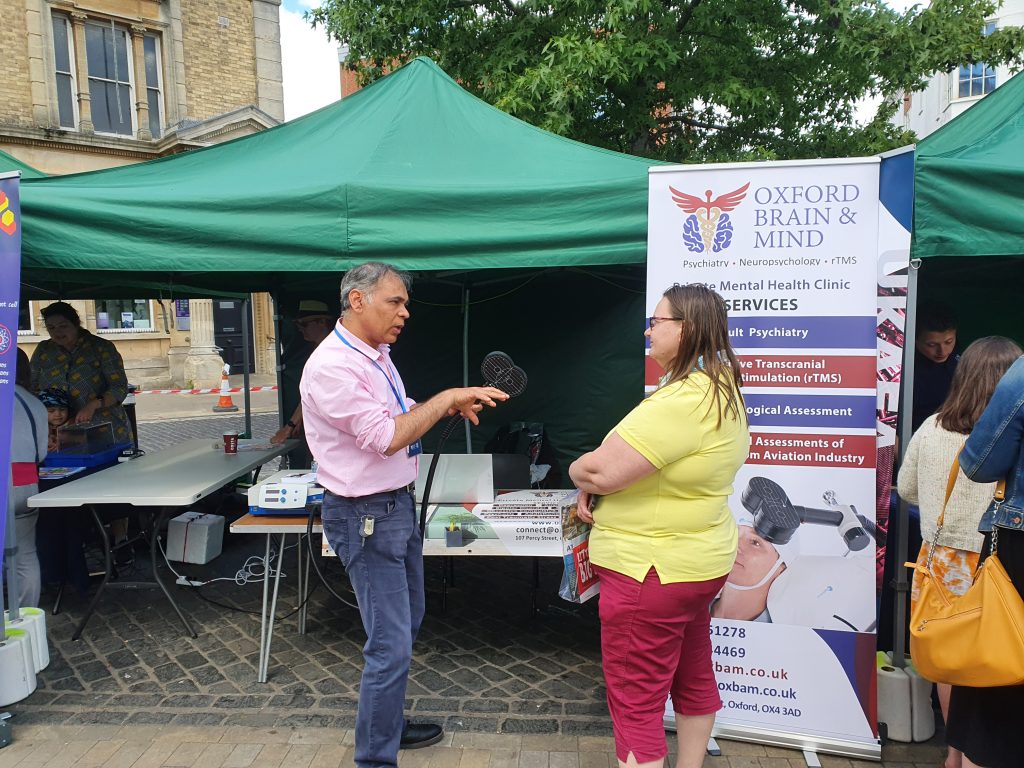
Gutentor Advanced Text
